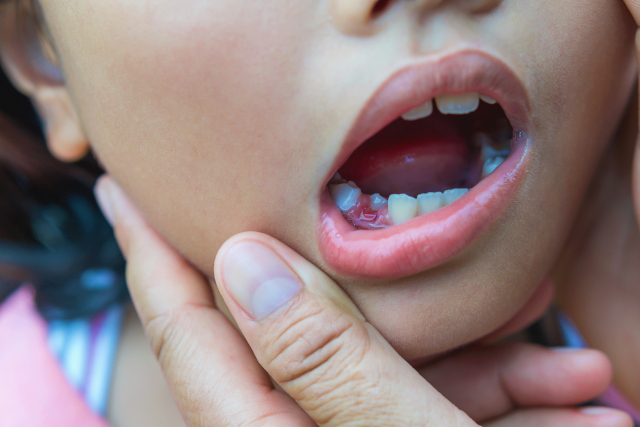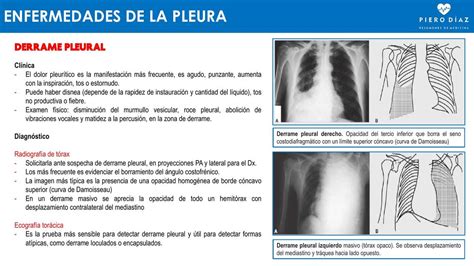Jaw Pain After Dental Filling

Jaw pain after a dental filling is a common phenomenon that can arise due to various reasons. The pain can range from mild to severe and may be accompanied by other symptoms such as sensitivity, swelling, or difficulty in chewing. Understanding the causes and implications of jaw pain after a dental filling is crucial for effective management and alleviation of discomfort.
One of the primary causes of jaw pain after a dental filling is the procedure itself. The injection of anesthesia, drilling, and filling of the tooth can cause irritation to the surrounding tissues, leading to pain and discomfort. Additionally, the filling material used can also contribute to jaw pain, especially if the patient is allergic to it. For instance, some people may be sensitive to certain types of resin or amalgam used in fillings, which can trigger an allergic reaction and subsequent jaw pain.
Another significant factor that contributes to jaw pain after a dental filling is the bite or occlusion. If the filling is not properly aligned with the opposing teeth, it can lead to an uneven distribution of force during chewing, resulting in strain on the jaw muscles and joints. This condition, known as malocclusion, can cause pain and discomfort in the jaw, face, and even the head. In severe cases, it can also lead to temporomandibular joint (TMJ) disorders, which affect the joint that connects the jawbone to the skull.
In some cases, jaw pain after a dental filling can be a symptom of an underlying condition, such as a cracked tooth or pulpitis. A cracked tooth can cause pain and sensitivity, especially when chewing or drinking hot or cold beverages. Pulpitis, on the other hand, is an inflammation of the pulp, which contains the nerve and blood vessels of the tooth. This condition can cause severe pain, swelling, and sensitivity, which can radiate to the jaw and face.
It is essential to note that jaw pain after a dental filling can be managed and alleviated with proper care and treatment. Over-the-counter pain relievers, such as ibuprofen or acetaminophen, can help reduce pain and inflammation. Applying a cold compress to the affected area can also provide relief. In some cases, a follow-up appointment with the dentist may be necessary to adjust the filling or address any underlying conditions.
In addition to these measures, maintaining good oral hygiene is crucial to prevent further complications. Brushing and flossing regularly can help prevent the buildup of bacteria and plaque, which can contribute to tooth decay and other oral health issues. Regular dental check-ups can also help identify any potential problems early on, reducing the risk of jaw pain and other complications after a dental filling.
To better understand the implications of jaw pain after a dental filling, it’s helpful to explore some real-life scenarios. For instance, consider a patient who undergoes a dental filling procedure and experiences severe jaw pain and sensitivity afterward. After consulting with their dentist, it’s discovered that the filling is slightly high, causing an uneven bite. By adjusting the filling and providing guidance on proper oral care, the patient can alleviate their symptoms and prevent further complications.
In another scenario, a patient may experience jaw pain after a dental filling due to an underlying condition, such as a cracked tooth. In this case, the dentist may recommend additional treatments, such as a crown or root canal, to address the underlying issue. By addressing the root cause of the problem, the patient can find relief from their symptoms and prevent further damage to their tooth and surrounding tissues.
Symptoms of Jaw Pain After Dental Filling: * Pain or tenderness in the jaw, face, or head * Sensitivity to hot or cold temperatures * Difficulty chewing or swallowing * Swelling or inflammation in the affected area * Clicking or popping sound when opening or closing the mouth
In terms of prevention, there are several measures that can be taken to reduce the risk of jaw pain after a dental filling. One of the most critical steps is to maintain good oral hygiene, including regular brushing and flossing. This can help prevent the buildup of bacteria and plaque, which can contribute to tooth decay and other oral health issues. Regular dental check-ups can also help identify any potential problems early on, reducing the risk of jaw pain and other complications after a dental filling.
Pros of Regular Dental Check-Ups:
- Early detection of oral health issues
- Prevention of complications, such as jaw pain and tooth decay
- Improved overall health and well-being
Cons of Irregular Dental Check-Ups:
- Increased risk of oral health issues, such as tooth decay and gum disease
- Potential for more severe complications, such as jaw pain and TMJ disorders
- Negative impact on overall health and well-being
In conclusion, jaw pain after a dental filling is a common phenomenon that can arise due to various reasons, including the procedure itself, the filling material used, and underlying conditions. By understanding the causes and implications of jaw pain, patients can take proactive steps to manage and alleviate their symptoms. Maintaining good oral hygiene, communicating with their dentist, and addressing any underlying conditions can help prevent further complications and promote overall oral health and well-being.
What are the common causes of jaw pain after a dental filling?
+The common causes of jaw pain after a dental filling include the procedure itself, the filling material used, and underlying conditions such as a cracked tooth or pulpitis.
How can jaw pain after a dental filling be managed and alleviated?
+Jaw pain after a dental filling can be managed and alleviated with proper care and treatment, including over-the-counter pain relievers, cold compresses, and follow-up appointments with the dentist.
What are the potential complications of jaw pain after a dental filling?
+The potential complications of jaw pain after a dental filling include TMJ disorders, tooth decay, and other oral health issues. It’s essential to address the underlying cause of the pain to prevent further complications.

